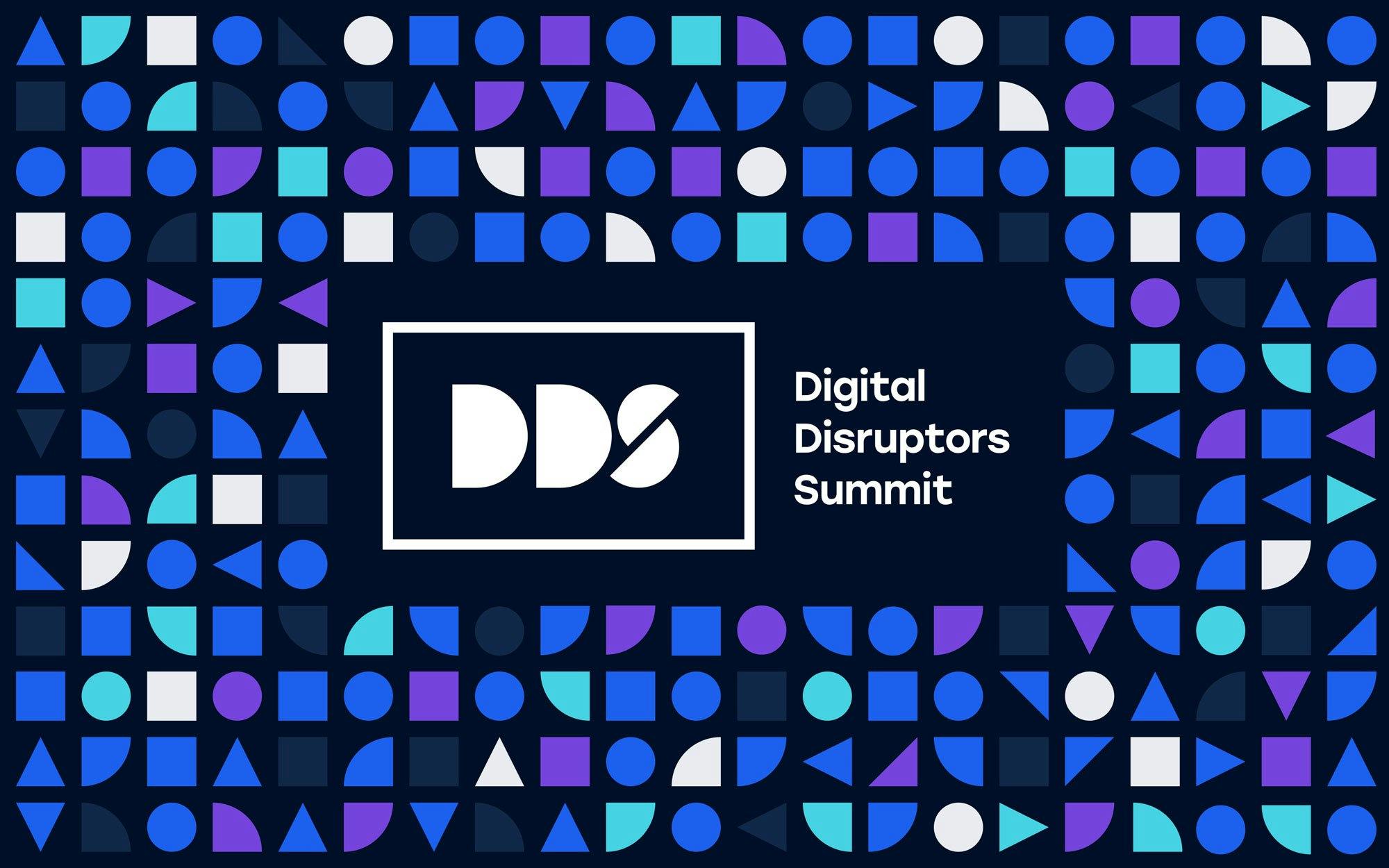It’s one thing to have a profitable business. It’s quite another to be a disruptor.
During a time of immense transformation, companies large and small have learned the importance of creating top-notch digital experiences—and refining them as information evolves. Customer needs can rapidly change, but a customer’s demand for the most seamless and responsive digital experience stays consistent.
Imagine, for example, that your company is a large grocery store chain. Your customers have many store options to choose from, but by quickly responding to changing needs—such as a swell of sudden interest in local pickup—your digital team can react to that behavior. Something as simple as adding a “local pickup” option in your app could make the difference between customers choosing your store versus a competitor’s.
In Amplitude’s inaugural , companies like Cameo, Calm, and PepsiCo shared their lessons from the past year of rapid change and adaptation. These companies have found unique ways to capitalize on customer feedback and emerge as favorite brands in a crowded pack. So how did they do it? Read the keynote recap below and to hear more stories from disruptors like Calm, Cameo, and PepsiCo.
CEO Keynote: Digital Disruption from Beer to Bitcoin
Amplitude CEO Spenser Skates opened the summit with an unlikely comparison: beer and Bitcoin. While these products are seemingly at opposite ends of the spectrum, Skates pointed out that they have more in common than one would think. Both realize that we are in a world where it is either “disrupt or be disrupted.” As Skates says, “There is no longer an in-between. The in-between will leave your business upside down.”
In the midst of the pandemic of 2020, the true disruptors didn’t just survive; they thrived. When comparing digital disruptors to the largest technology-dominant S&P 500, the digital disruptors outperformed market value by 2.5x.
Looking across the landscape of digital disruptors, they fall into two categories:
- Inventors have been digital since day one, built for the modern digital customer. These include some of the most defining digital companies of our generation, like PayPal, Dropbox, Clubhouse, and Coinbase.
- Transformers were born in the physical world and have operated there for decades. Yet companies like , , and knew that they needed to become digital-first companies.
Digital disruption touches nearly every industry, from retail and finance to media. Customer engagement reaches across multiple channels, including web, mobile, email, and chat. Every aspect of the organization revolves around digital products as the foundation.
Take Coinbase, which got its start by creating the digital wallet for Bitcoin. The company had an ambitious mission to build a new and open financial system for the world, and today has tens of millions of users and a $99 billion IPO. While Coinbase has been around for less than a decade, Anheuser-Busch InBev was founded in 1852. Yet by making e-commerce its #1 priority starting in 2019, the company now has over 1 million online orders per week, with more than 90% of customers receiving daily personalized recommendations powered by AI and behavioral data.
Going back to the question of what do beer and Bitcoin have in common? They are both transformers that design their businesses and optimize customer value creation around digital products. Transformers are changing both what and how they sell, creating a portfolio of new digital products to meet the demand of customers.
The Digital Disruptor Approach to Data
The same number of digital products that launched over the last 40 years will be launched in the next three. However, as new products emerge on the market, it is imperative to know and deliver the best digital experience to each customer. Teams need to use the best data and insights to accomplish this. Disruptors are marketers, product managers, engineers, data scientists, and IT and digital executives—all working together toward a common goal.
Justin Bauer, SVP of product at Amplitude, emphasizes that companies need to make every moment count. “Disruptors constantly build, experiment, and learn,” Bauer says. “They remove all barriers to insights.” Data powers the products of these companies: they know what is working for who, when, and why.
Customers and competitors aren’t going to wait. For many, getting to this stage of growth and innovation can be challenging. Companies are stuck with low-quality data and surface-level metrics. They lack and are forced to wait to get answers from the internal experts who have the skills and tools.
Amplitude is the market leader for , enabling disruptors to move further ahead. With , companies can explore data across the customer journey without friction. They understand what drives impact and can even predict future outcomes. The data allows them to adapt fast and deliver consistently optimized experiences across every channel. We continue to innovate on our core product so that companies can understand or uncover behavior . These features and more are why over 200,000 disruptors rely on Amplitude to guide their product decisions.
The Next Step: Recommendations and Personalization
While disruptors rely on our core analytics platform, they also demand more. They want to connect insights to action. Analytics helps companies understand the critical moments of the customer journey, but the next level is personalization. Delivering the powerfully personalized experiences we’ve come to expect from Netflix and Amazon can require significant effort.
Bilal Mahmood, head of product at Amplitude, notes that to achieve this level of personalization, companies need a system where behavioral data can coalesce with the right message at the right time for the right customer. Amplitude is the first self-service personalization engine that uses and automates every step of personalization, from segmentation and recommendations to delivery, in minutes. Every customer that has used Recommend has been able to achieve a 15 to 30 percent lift in outcomes.
Disruptors don’t rely on demographic data to achieve these outcomes. Rather, they look at behavior—yet need to sync this across multiple products and devices. And every use case is unique. Amplitude believes that nothing should come between you and your insights. “Machine learning helps (companies) find patterns, relationships, and causation,” says Shadi Rostami, SVP of engineering at Amplitude, “We have invented a fundamentally new way of joining and accessing complex distributed data with the.” The Behavioral Graph is always learning, making the system faster and smarter—allowing the business to make smarter decisions.
Extending Further: Delivering the Best Experiences
Growth and customer loyalty hinge on being able to deliver faster than competitors. This speed is a function of how quickly companies can identify and configure these experiences. A/B testing and feature flags are designed for these efforts, but many tools do not make this process easier in the right ways. Teams are stuck making small tweaks to copy or images rather than something truly disruptive, like creating different experiences for new users versus power users.
Amplitude, a new product, meets the challenges that companies face with testing and iterating quickly. Experiment is the first experimentation and feature management solution powered by analytics and customer behavior. Teams can go from small tweaks to big bets using this end-to-end solution that goes from hypothesis to targeting to analytics.
Experiment helps you design better tests and get clear next steps. When you set a primary metric, it seamlessly links to a live chart from analytics. Companies can easily manage and control the variance and dynamically configure experiences directly from Amplitude using payloads. As a fully integrated system, the extra steps are eliminated.
Experiment not only clearly indicates the outcome but also surfaces emergent behaviors, so companies can understand the impact beyond the bounds of the test. With the ability to scale experimentation across an organization, companies can take on bigger bets that drive growth and customer loyalty.
Join the Disruptors with Amplitude
Amplitude CEO Spenser Skates challenges companies to ask themselves: How do our digital products drive our business? Companies that can’t answer this question can’t disrupt and sustain growth. Teams need to be aligned around a shared understanding and goals. Amplitude’s Digital Analytics Platform helps companies understand their customer behavior, predict outcomes, and adapt experiences to drive world-changing results.
The goal isn’t to shake things up for the sake of standing out. Instead, you want to make moves that are bold yet still driven by your audience’s needs. If you can offer something that is entirely new and useful, you’ll be in a strong position to stand out.
If a brewing company dating back more than 150 years can disrupt, you can too. today or to learn more about how Calm, Cameo, and PepsiCo have embraced the digital-first mindset.

